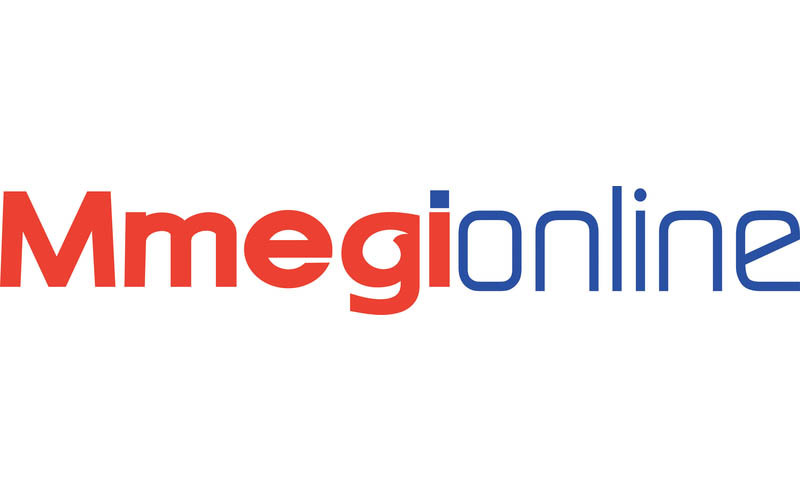The elation from Botswana climbing nine places in the latest Doing Business Report after years of decline continues to reverberate in various economic sectors.
This is justifiable, given the cross-sectoral efforts made in recent years to address the shortcomings pointed out in the annual World Bank-authored report. The publication is one of the world’s most authoritative investor documents, gauging, comparing and ranking economies over 10 indicators considered instructive of each country’s investment climate. With a Cabinet sub-committee and a multi-sectoral committee headed by the Minister of Trade and Industry aggressively tackling various legislative, policy and structural challenges, last week’s report was an affirmation at the least and a crowning moment at the most. Certainly, the trade and finance ministries have confronted, firstly the laissez-faire paradigm previously endemic in government, and secondly the specific investment issues pointed out by previous reports. These include the ease of starting a business, cross-border trade, permits, investor protection and enforcing contracts. The e-Government Strategy has also been initiated with key services such as BURS piloting an e-filing solution, while the main government website (www.gov.bw) has been revamped and modernised, with daily updates. Government has also immersed itself in the various social media, providing information on key services and updates. The trade ministry, for its part, is already providing online company/business name and trademark searches clearing a previous onerous part of the process of starting a business, one of the Doing Business report’s key indicators. Botswana is on the right track. However, with global capital flows still unsteady and even thinning out in certain areas, the competition for FDI among developing countries is rising. African states, such as “miracle story” Rwanda, are realising that investors are willing to overlook/finance infrastructural shortcomings in pursuit of incentivised policies and intrinsic value. Rwanda, incidentally, was ranked second in Africa in the latest Doing Business Report, with Botswana coming in at fifth, a position that looks modestly respectable until a closer inspection of the numbers. For example, in Botswana, 21 procedures are required before the occupation of a building, compared to 14 as the SADC regional average, 11 as the region’s best and just one procedure for the world’s best, New Zealand. In this particular indicator, Botswana was ranked the lowest or poorest in the region. Added to these are the behemoths of Botswana’s investment challenges, chiefly generation and distribution of adequate and reliable electricity, water, ICT backbone and uptake, and labour productivity, all of which are besides natural limitations such as the country being land-locked and its small population. It is thus disheartening to note that while the lead ministries of trade and finance are speeding ahead with policy reforms, others such as transport, infrastructure, agriculture and minerals are moving slowly. The irony is that the two ministries are gateways for capital and labour intensive investments. The holders of global capital will watch the Ministry of Minerals, Energy and Water Resources’ ongoing legal dispute with an Australian mining explorer over leases, keenly.





